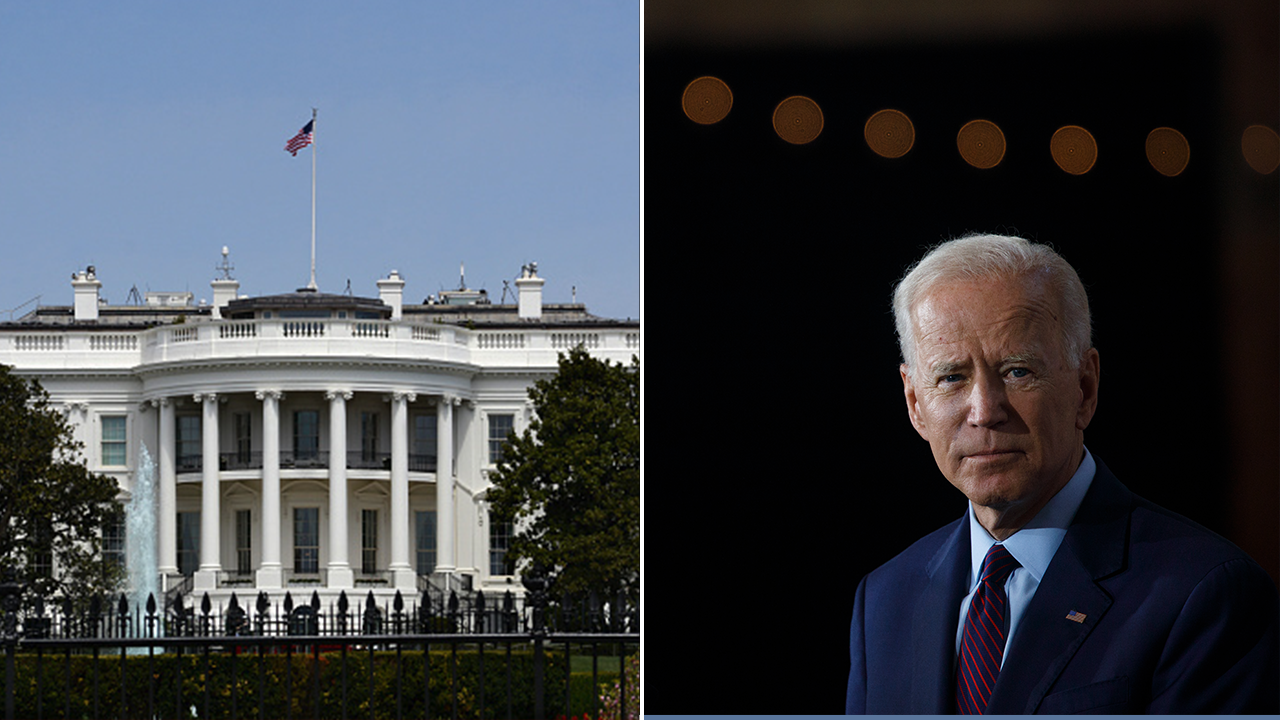It is rare for any performer — and particularly rare for any comedic performer — to debut as a fully-formed talent. Bob Newhart, who died yesterday at age 94, was precisely that. His gifts as both a performer and a writer seemed to have been honed to perfection when he recorded his first album as a standup, The Button-Down Mind of Bob Newhart. A trained accountant who gave himself a year to make it in comedy, his intricately crafted and meticulously delivered monologues took his audience into one-sided phone calls of monumentally absurd dimensions. The leadoff cut on Button-Down was a conversation between Abraham Lincoln and his press agent, who becomes exasperated when Abe contemplates getting rid of the beard. And more. “You want to change ‘four-score and seven years ago’ to ‘eighty-seven’ years ago? Abe, we test marketed that.” Decades later, hosting Saturday Night Live, Newhart opened the show with a monologue in which a befuddled security guard at the Empire State Building, on his first night on the job, meets King Kong. “He’s between eighteen and nineteen stories high, depending on whether we have a thirteenth floor or not.”
Newhart’s delivery was beyond dry. There were other “quiet” comedians before him — Jack Benny, Bob and Ray, Shelley Berman (Berman claimed that Newhart plagiarized Berman’s own phone-call bits, and stopped short of saying he did so with intent or malice; Newhart said that Berman was indeed an influence and also pointed out that Berman was hardly the only comedian on the scene doing phone call routines before Bob) — but none had his command. A command which made him, among other things, perhaps the only comedian who served as his own straight man. And he worked well with others, as his stellar work on two legendary sitcoms, which you’ve likely been reading about elsewhere, amply demonstrates.
Button-Down, a February 1960 release, made Newhart the stand-up such a sensation that the powers that be in Hollywood decreed that he should be in a movie. They didn’t much care which movie, apparently, because his first feature role was not in a comedy but in a gritty low-budget World War II movie, 1962’s Hell Is For Heroes, which threw him in a cast of cinematic tough guys including Harry Guardino, Fess Parker, Nick Adams and James Coburn. It provided an early lead role for Steve McQueen, who was already establishing himself as a pleasant and easy-to-work with colleague. “Steve McQueen is his own worst enemy,” a set visitor observed; “Not while I’m still alive,” his co-star, singer/actor Bobby Darin, averred.
Newhart was able to keep above the fray in a small role as a private who, yes, enacts a fake-out radio call to fool German troops about the state of things on the Allied side. Newhart was in such demand as a stand-up — and making such good money at it, more than his fee for this picture — that he persistently contrived to get his character killed off so he could quit the set early. In an interview with Will Harris, he recalls suggesting to director Don Siegel that he could just go get crushed under a passing tank. Siegel declined to accommodate him, despite the fact that Newhart’s comedy bit, which the comedian wrote himself, was going into the picture against Siegel’s express wishes.
It was around this time that Newhart was given his first TV show, a variety program for NBC, that did well in the awards world but flopped in ratings. Making a great living on live appearances and as a guest on top variety shows, as well as acting in some seemingly unlikely venues, including The Alfred Hitchcock Hour — playing a henpecked milquetoast who considers the episode title topic, “How To Get Rid of Your Wife” — was enough to keep him prosperously busy for some time.
And so his film work was pretty inconsequential. But in 1970 Mike Nichols, whose tenure in the duo Nichols and May galvanized live comedy as much as Newhart had in the early ‘60s, cast Newhart in a small role in his very hit-and-miss adaptation of Joseph Heller’s WW II black comedy Catch-22. As the ultimate bureaucratic empty suit Captain Major Major, later promoted to Major Major Major, Newhart lacks the resemblance to Henry Fonda specified in the novel, but makes up for it with hilarious obsequious suck-up tetchiness. He’s a consistent high point in a feverishly wobbly picture.
He followed that up playing a Machiavellian ad exec who grows increasingly frantic as his machinations don’t stick in TV phenom producer Norman Lear’s only directorial feature, Cold Turkey, going up against fellow small-screen icon Dick Van Dyke in a story of one small town’s challenge to give up smoking. This movie certainly doesn’t have the resonance it did nearly 60 years ago, but it’s a rather remarkable curio with a cast packed with future Lear rep players, not to mention the aforementioned comedy duo Bob and Ray. Newhart returned to nervous mode in one-time blacklisted screenwriter Walter Bernstein’s sole directorial feature, Little Miss Marker, as a Runyon archetype nicknamed Regret. Newhart’s Catch co-star Buck Henry then tapped Newhart to star in First Family, a diffuse missed opportunity in which Newhart played, yes, the President.
He took a ten year layoff from movies — he didn’t need them anymore — returning only to do voice work in The Rescuers Down Under in 1990 (he had voiced the same character, Bernard, in Disney’s 1977 original Rescuers). And after that, no movies for another seven years. He triumphed in the 1997 raucous coming-out comedy In and Out, directed by Frank Oz and written by Paul Rudnick. Newhart here plays Tom Halliwell, the vaguely homophobic school principal who gets, yes, nervous when an Oscar-winning actor (a brilliantly doofusy Matt Dillon) inadvertently outs his inspiring high school teacher (Kevin Kline) during an Oscar acceptance speech. The principal gets even more nervous when Kline’s character comes out on his own. Newhart’s flustered fidgeting as all of his high-school students do an “I am Spartacus” style show of solidarity for Kline’s character at the high school graduation is a masterpiece of sputtering. But Newhart’s triumph here is more than comedic. A lesser actor would have made the principal more overtly villainous. Newhart portrays the guy as a clumsy dinosaur, out of touch but not wholly unsympathetic.
I asked writer Paul Rudnick about his experience working with Newhart. “Working with Bob Newhart on In & Out was an honor and a total joy,” he responded. “We wanted to make sure that the movie, about a gay teacher whose job was endangered, wasn’t a do-goody lecture or a screed. Having Bob represent the school’s more conservative administration was a blessing. He made every hesitation and worry gut-bustlingly hilarious; his iconic, slightly skeptical American everyguy persona is comic genius. He’d been beloved for decades, and everyone on the set was in awe; this was like meeting Santa or God. Happily, Bob was down-to-earth and wonderfully approachable, without a hint of ego. He was that rare legend who didn’t disappoint, onscreen or off.”
In sparse subsequent film appearances, he traded in on his TV persona. His low-key contrast to Will Ferrell’s off-the-wall ebullience in 2003’s Elf is a superb, and superbly funny, example of Newhart calibrating his underplaying for maximum effect. He makes Ferrell funnier while not giving up any of the laughs he himself should be getting. The man was perfection.
Veteran critic Glenn Kenny reviews new releases at RogerEbert.com, the New York Times, and, as befits someone of his advanced age, the AARP magazine. He blogs, very occasionally, at Some Came Running and tweets, mostly in jest, at @glenn__kenny. He is the author of the The World Is Yours: The Story of Scarface, published by Hanover Square Press, and now available for at a bookstore near you.
The post Bob Newhart’s Movies, Remembered: His Unique Hilarity Was Not Just Limited To TV appeared first on Decider.



















